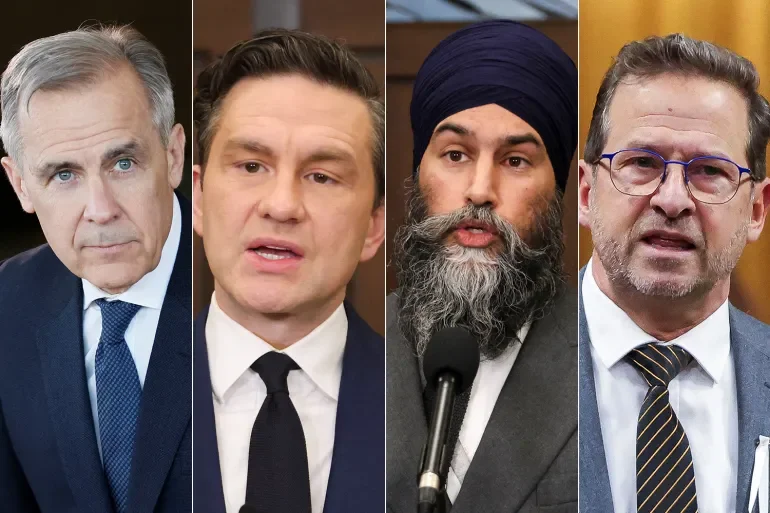Latest Politics News
Mark Carney’s Victory Speech: A Vision for a Stronger, Independent Canada
Introduction In the wake of Canada's latest federal election, Mark Carney took…
Canada election 2025
As Canada enters the second week of its federal Canada election 2025…
The Trump Administration’s National Security Breach: What Happened and What It Means
Introduction The recent national security breach involving the Trump administration has sparked…
Trump 2.0: What His Second Term Means for America and the World
Donald Trump began his second term as the 47th president of the…



